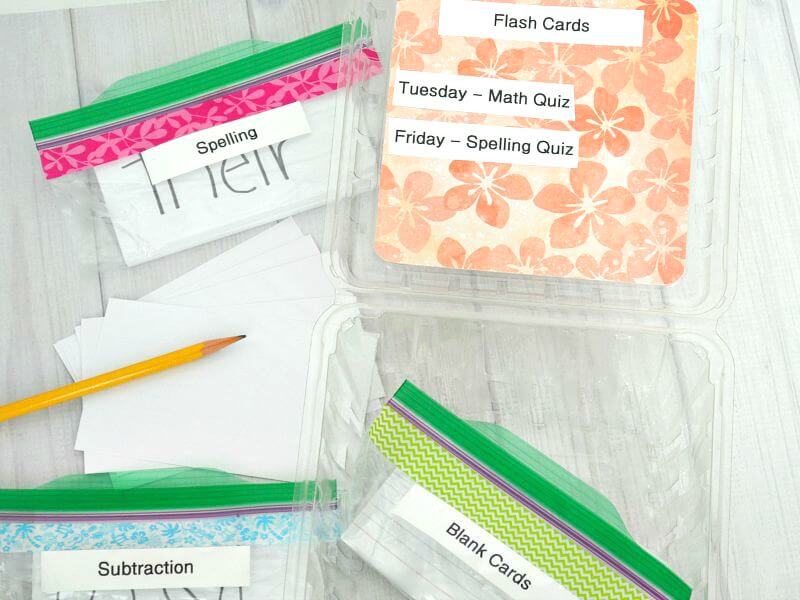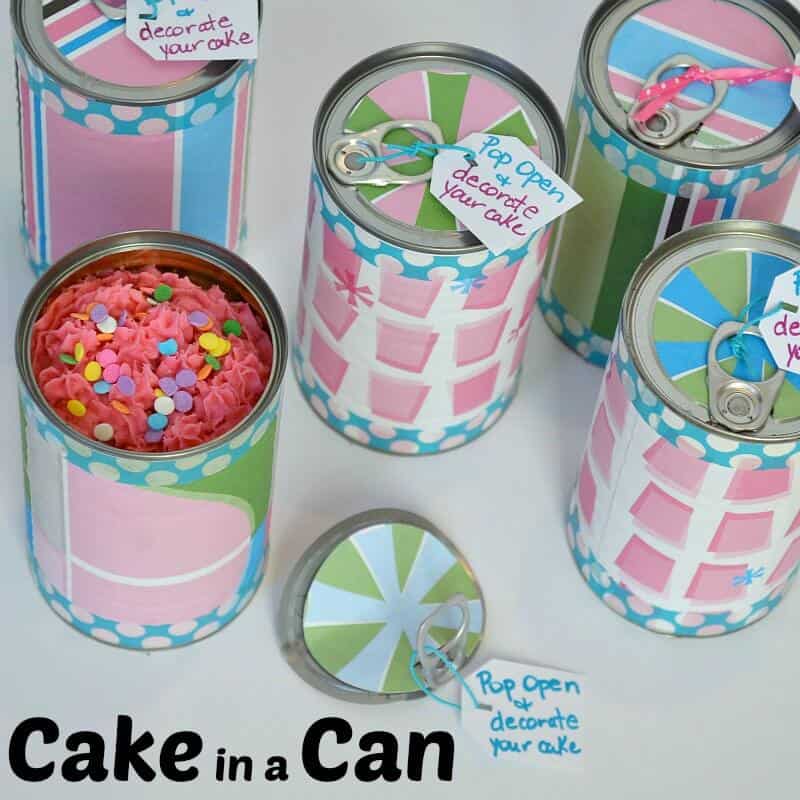Tips to Help with Homework without Doing It For Them
This post may contain affiliate links provided for your convenience. We earn commissions if you shop through the links on this page. I am also an Amazon Associate and earn from qualifying purchases Read my full disclosure policy.
Thanks to the Follett Corporation for sponsoring this post. As always, all opinions are my own. #FallBackToSchool
As a mother of three, I’ve helped my children with homework for over 30 years combined. Whew! As a parent educator I’ve taught many classes for parents sharing tips to help with homework without doing the homework yourself.
If it hasn’t happened yet, it will. Your child will come home with homework that she doesn’t know how to do. It will be a busy night. Your daughter becomes upset and frustrated. You become upset and frustrated. At some point, you end up wanting to just do your child’s homework yourself (often while justifying it as “just this one time”).

Here are tips that have worked for my family and other parents that I’ve worked with over the years, so that you can help your child do their own homework. While I firmly believe it’s most effective if you start with these homework tips at a very young age, it’s never too late to start.
What do you think most parents say is most important to help their child in the classroom learning environment? The Follett Corporation conducted a survey and found that different parts of the country place different importance on what’s most important in the learning environment. As a military family that has attended school in seven different school districts, I find that fascinating.
Regardless of what is the most important in the classroom learning environment, homework and your role in homework is vital, too.
Tips to Help with Homework
Establish that Learning, School and Homework is a Priority
Starting from birth, reinforce that learning is important and fun. Make sure your child understands that learning and education is important in your family. When an older sibling sits down to do homework, have younger siblings sit down to do “homework” as well. Things like coloring or doing puzzles are appropriate for younger children’s “homework.” Talk to your child about your homework, whether it’s for classes, work or paying bills. Laying the groundwork early on before your child ever comes home with that first homework assignment makes your job helping with homework much easier later.
Have a Set Time for Homework
Establish guidelines for when homework will be done. I recommend that homework comes first in the schedule before anything else. By putting it before any other activities, you are reinforcing how important completing homework is. In our family, when each child comes home from school they have 10 minutes to get a snack and we talk about their day. They then do required reading (if they’re in elementary school and have that requirement) while they finish their snack. Next is any other homework. My children have always understood that homework comes before playing, watching TV, any electronics or sports. On occasion, we make exceptions to our schedule, but I always talk about why this time we are making an exception and we plan together how my child will complete her homework.
Have a Set Location for Homework
It’s important that you have a set location that is conducive to completing homework. Depending on the age of your child and your individual child’s personality, you may want to set up the homework site in a quite spot or you may need to have them close to you for supervision. In our family, my children start homework at the kitchen table with no TV or other distractions. I’m able to supervise while I’m preparing dinner and they have all the necessary supplies, like pencils, crayons, scissors, etc., close by.
Teach Your Child to Use a Homework Planner
Many schools will give your child a homework planner. Reinforce how to use it by asking your child each day to show you what they have for homework. If they have a long-term project, help them break the project down into steps, plan the time needed and write it on their planner. Children are taught how to plan, organize and manage time and projects. Start from day one teaching your child how to use a homework planner to manage their time and homework. The homework planner is also a great tool to help parents plan and help support their child. No parent wants that eight o’clock at night hear-stopping discovery that there’s a book review with accompanying poster due tomorrow.
If your school has an alternating A-B day schedule, teach your child to work on homework the day it is assigned not the night before it’s due. This allows your child to work on homework while that day’s lesson is still fresh in her mind. It also gives her an extra day to ask for help on a particularly difficult assignment.

You can even add a mini-planner schedule inside your organizing boxes.
Ask Questions to Help Your Child Discover the Answer
When your child doesn’t know how to do her homework, don’t just tell her how to do it (unless you plan on walking with her through life telling her how to do everything). I know it’s easier for you when you’ve had a long hectic day, are trying to prepare dinner and supervise children’s homework, but stay strong. Instead of telling, ask questions to help her discover the answer.
Child – “I don’t know how to spell tiger.”
You – “Sound it out. What’s the first sound in tiger?”
Child – “Ta. But I don’t know what letter that is.”
You – “Ta” sounds like the first letter in your name. What letter is that?”
And so on. Be sensitive to when your child is getting frustrated and you may have to change your approach.
It also works well with math problems.
Child – “What’s 15% of 30?”
You – “Well, what’s 10% of 30?”
Child – Works it out. “Three.”
You – “What’s 15 minus 10?”
Child – “Five”
You – “So, what’s five percent of 30?”
Child – “I don’t know.”
You – “If 10% of 30 was three and five is half of 10, then what do you think 5% of 30 is? Remember, you found that 10% of 30 is 3?”
And so on.
Check Over Homework
Take the time to check over homework as soon as it is completed or as soon as possible after it’s been completed. You want to reinforce to your child that homework is not done until it has been completed correctly. Depending on your child’s age and temperament, don’t mark the ones that are wrong. Tell her there are two problems that she needs to check again in the first row, for example. Make it less daunting to find errors by giving her a target area to look over, but don’t make it too easy by pointing out exactly which ones need to be corrected. You want to encourage your child to double-check answers on her own and not just rely on you pointing errors out to her.
Have your child make corrections. You want your child to learn the material and learn pride of ownership. Neither of these will happen if you always swoop in and fix the error. In fact your child will learn to just do homework half-heatedly since you’ll fix it anyways.
Talk with the Teacher
If your child is having difficulty understanding homework over and over again, be sure to talk to her teacher. Homework should be reinforcing what is being taught in class. If your child has trouble completing her homework on an on-going basis then the teacher needs to know so that adjustments can be made in class and in teaching the lessons.
Get Help
Don’t hesitate to find a qualified tutor for your child if she has an ongoing challenge with homework. A qualified tutor will be trained in teaching strategies that will best help your child understand material she finds challenging. Don’t wait too long to find a tutor.
Children are born with a drive to learn new things and not give up no matter how difficult it is. They find learning fun and enjoy it. At some point between birth and school-age, many children lose that drive to learn and love of learning. Your goal, as a parent, is to keep that drive and love of learning alive – it sure makes school a lot easier and more enjoyable for your child (and you).

What tips to help with homework have worked for you? Be sure to share your favorite homework tips on social media using #FallBackToSchool and tag Follett on Twitter or Facebook.
More Parenting Tips from the Mother of 3 and a Parent Educator
Parenting Tips from a Mother of 3 and Parent Educator

I’m a mom of 3, a veteran, military spouse. I’ve moved into 20+ homes all around the world. My passion is helping busy people make the space and time for what’s really important to them. Learn more about Organized 31 and me.







These are really great tips. As a homeschooling family, we always had a certain place for school work to happen. It really helped my daughter to know that when she sat at that table, it meant time to study. I agree with having a routine. Personally, I think a routine is important for children no matter what they are doing. Great and open conversation is also important. The facts sheet you shared is so interesting. I would have never thought that different regions had differing ideas on what was important.
I’m so glad you added how important great and open conversations are. I agree with you 100%, Cynthia.
When I was in school, I liked homework but when it came to my kids, I found it frustrating. I wish I had these tips back then.
Thanks, Darlene. It’s tougher being the parent helping with homework I think.
These are all great tips (of course with over 30 years – wow! – of experience, it’s no doubt you have a lot of knowledge on this topic). I’ve struggled with this with ALL 4 of my kids. My biggest downfall is MY lack of patience. I have to squelch the desire to take the easy way out and just give them the answer.
I fight the same challenge, Corinne. Confession – I also sometimes have the older siblings help the younger. 🙂